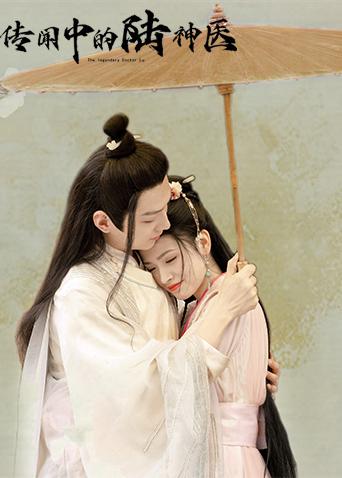 朱孝天
朱孝天
发表于4分钟前回复 :Sixty Glorious Years is an exercise in the creation of iconography, both for Victoria and its star, Anna Neagle (who subsequently became known as 'Regal Neagle'). Just as Elizabeth I commissioned artists to create flattering iconic images for public consumption, so this film performs a similar function, for Neagle is more beautiful than the real life Victoria. Controversial events (such as the 'Irish problem') are omitted and unpleasant aspects of Victoria's character (her petulance, arrogance, favouritism and 'right to privilege') are glossed over as endearing little 'whims'. Albert acts as a moderating influence when she goes too far.The film followed a year after the highly successful Victoria the Great (d. Herbert Wilcox, 1937). Again the screenplay is by Miles Malleson and Robert Vansittart, and many of the supporting cast (the cream of acting talent of period) repeat their roles, this time for the colour cameras. This was the first full length Technicolor film of cinematographer Freddie Young, who captures the spectacle of royal weddings, grand balls and opulent interiors, with scenes actually filmed at royal palaces. Vivid battle scenes, set in Alexander Korda's empire territory (Sevastopol and the Sudan), rival those in The Four Feathers (d. Zoltan Korda 1939).The title music sets the tone: a regal choir sings over a shot of the crown. Elgar's 1901 'Pomp and Circumstance' march is heard during the diamond jubilee celebrations and, as Victoria's coffin lies in state, the film concludes with Anthony Collins' stately music accompanied by the text of Rudyard Kipling's 'Lest we forget'. Combined with the emotional appeal of scenes of Victoria connecting with her 'ordinary folk', this is stirring stuff.The film connects with contemporary events of 1938. The release of two celebratory royal films was intended to boost public affection for the monarchy in the wake of Edward VIII's abdication. Anglo-German relations were another touchy subject. With another war on the horizon, influential voices wanted appeasement, and the film could be seen to fit that agenda. Victoria herself was of mainly German descent, nicknamed 'the grandmother of Europe', while Albert is a 'good German', charmingly played by Anton Walbrook as a cultured, decent man.Sixty Glorious Years now seems unduly formal and reverential. Had movies existed during Victoria's reign (they only emerged at the end) this might have been the kind of film produced. Unlike Mrs Brown (d. John Madden, 1997), it is all so very 'Victorian'.Roger Philip Mellor
 孙萌
孙萌
发表于4分钟前回复 :退役前,邦·汉姆(汤米·李·琼斯 Tommy Lee Jones 饰)是一名特种兵训练教官,凭借着自己出色的身手和丰富的野外生存经验,邦·汉姆训练出了一支战斗力和破坏力的极其强大的特种精英部队。城市周边发生的几起谋杀案让居民们陷入了恐慌,负责该案件的女探员艾比(康妮·尼尔森 Connie Nielsen 饰)找到了早已远离江湖的邦·汉姆,希望他能够协助她破案。经过了一些列的调查和追踪,邦·汉姆发现凶手的作案手法和风格与自己十分相似,那也就意味着,这个嗜血的凶徒,很可能就是自己曾经教导过的学生。渐渐的,一个名叫亚伦(本尼西奥·德尔·托罗 Benicio Del Toro 饰)的男人的身影浮出了水面,他正是凶手本人,而他所作的这一切不为了别的,只为了引诱邦·汉姆再度出山。



